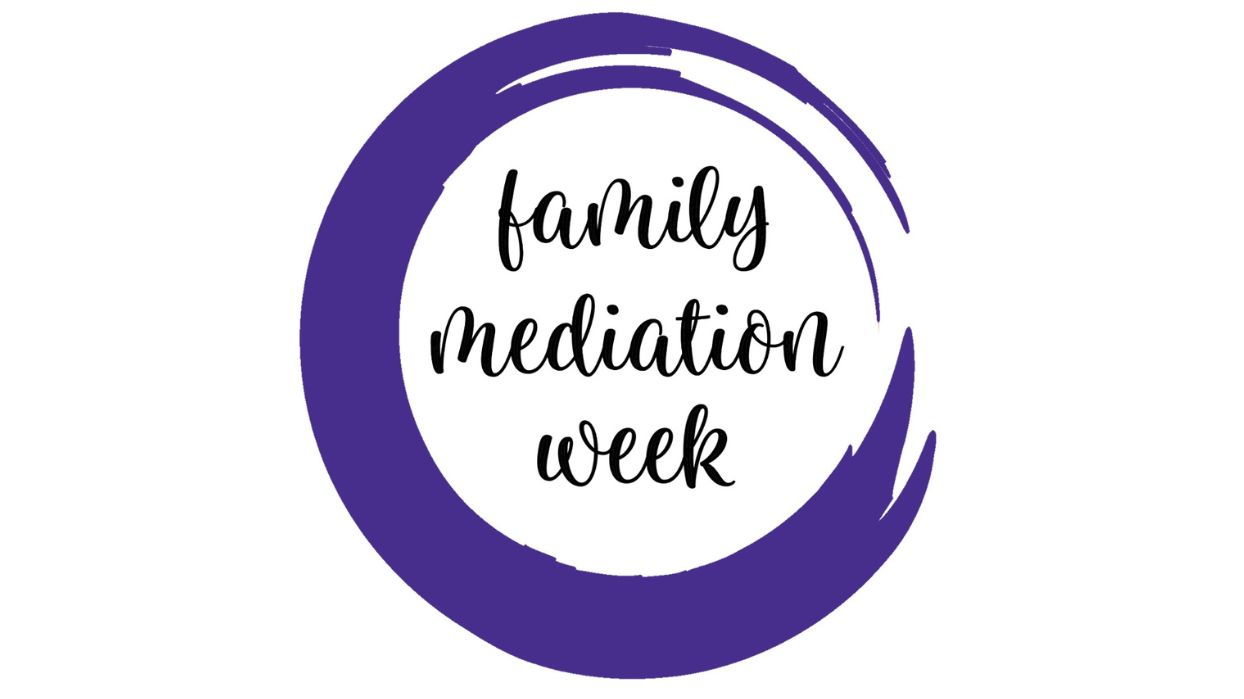Today marks the beginning of Family Mediation Week, a campaign organised by the Family Mediation Council. While the new year brings a seasonal rise in the number of couples and parents separating, Family Mediation Week takes place against a wider background of drawn-out proceedings within the court system, partly owing to the backlog of cases following the Covid-19 lockdowns.
Knowledge Lawyer Carla Ditz and paralegals Scarlett Thomson and Mollie Mann consider the initiative’s importance in building awareness of mediation and why the spotlight is on mediation more than ever.
What is mediation?
Mediation is a voluntary process that seeks to assist separating couples to resolve their differences away from court. As a trained independent third party, the mediator facilitates discussions between separating couples to help them agree on matters such as child-related disputes or financial arrangements on divorce and guides the couple to a resolution without bias.
The mediator’s role is not to provide legal advice to either party. Rather, their role is to guide parties through the process with the intention of ironing out areas of disagreement in line with the law, resulting in a consensual resolution.
Why choose mediation?
On a practical basis, mediation represents a quicker and more cost-effective alternative to litigation. Although contingent on the case’s complexity, financial remedy proceedings can take between 12 and 18 months to reach a final hearing. Also, the latest statistics indicate that private law children cases take 45 weeks on average to reach a final order. Delays in children proceedings can prejudice a child’s welfare as a result of the prolonged uncertainty. Mediation, on the other hand, sidesteps the numerous and complex stages of court litigation, instead fostering meaningful solutions, typically over four to six sessions. This can lessen the financial and emotional cost of relationship breakdown compared to litigation.
Mediation also provides separating parties with an element of control not experienced within court proceedings, with the choice of mediator and the number and frequency of the sessions commonly agreed between the parties. It follows that agreements reached in mediation tend to be better adhered to as the couple determine their own outcome rather than having an order imposed by the court. This, in turn, fosters more flexible and creative solutions tailored to the parties’ specific circumstances. This can be particularly important when dealing with the sensitivities inherent within children proceedings, ensuring that arrangements are made with their best interests in mind.
There is a great need to reduce pressure on the court system. Sir Andrew McFarlane, President of the Family Division, said in October 2022: “Whilst it is obviously necessarily for there to be access to a branch of the justice system in the event of an intractable dispute about children or family finances following a break-up, taking proceedings in the Family Court should be the option of last resort”. While mediation will not be suitable for every case, it is crucial that parties are well informed about the alternatives available to them. Mediation allows couples to engage in a voluntary procedure, with the option to withdraw at any time and fall into the court process if needs be.
Reinforcing mediation and other non-court dispute resolution options
Whether some form of mediation should be compulsory, either before or during court proceedings, has been widely debated. Under the Family Procedure Rules 2010 (FPR), the current position is that attendance is required at a Mediation Information and Assessment Meeting (MIAM) before applying to the court unless a valid exemption applies. MIAMs allow the parties to consider with a trained mediator whether their dispute is capable of being resolved outside the court process.
Family Mediation Week 2024 takes place against the backdrop of forthcoming government amendments to the FPR, coming into force on 29 April 2024. MIAM exemptions will resultantly become subject to closer scrutiny to encourage increased MIAM attendance. Mediators will also be required to effectively triage cases at these initial meetings by indicating which form(s) of non-court dispute resolution may be most effective in resolving their dispute.
Family Mediation Week has an important role to play in signposting the benefits of mediation as a more constructive alternative to the adversarial court process for conducting family proceedings.
Commentary
Partner Toby Atkinson comments: “Mediation is just one of the many alternative dispute resolution options available to separating couples. Provided both parties engage with an open mind and a willingness to compromise, it is possible to resolve family disputes much more quickly and amicably – and in a much less stressful environment – than through court proceedings.
By avoiding an adversarial process, mediation can also help preserve the couple’s future relationship, providing them with the tools they need to co-parent moving forwards and ease the pressures associated with divorce and family breakdown. Put simply, providing it is safe and appropriate to do so, mediation can bring about much better outcomes for families going forwards.”
Additional resources
Episode 7 of the Stewarts Divorce and Family Law Podcast discusses mediation and non-court based routes available to couples to deal with separation or children issues. In this podcast, partners Sophie Chapman and Richard Hogwood and senior associate Jenny Bowden consider when cases may or may not be suited to mediation.
The Family Mediation Council has a full programme of online events lined up to mark Family Mediation Week.
You can find further information regarding our expertise, experience and team on our Divorce and Family pages.
If you require assistance from our team, please contact us or alternatively request a call back from one of our lawyers by submitting this form.
Subscribe – In order to receive our news straight to your inbox, subscribe here. Our newsletters are sent no more than once a month.







